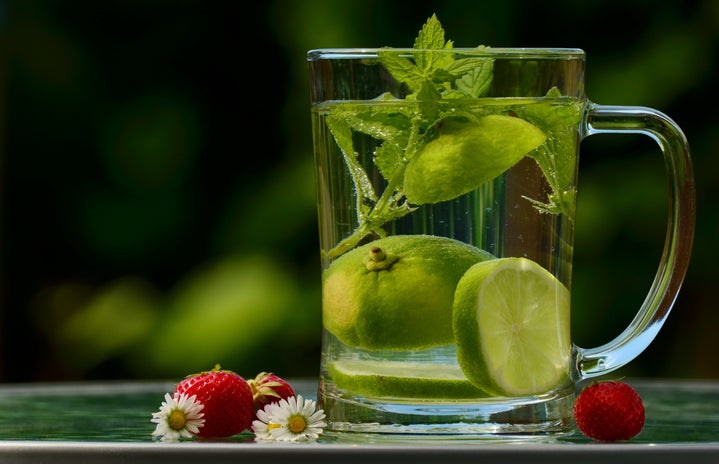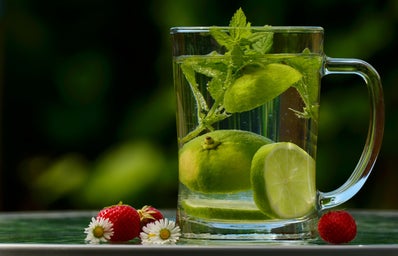If there’s one thing I have always known, it’s that I have a different body type. It was always pointed out to me when I would be too full to eat the dinner I was offered at a friend’s house because I had eaten before I arrived, or when adults would tell me I was “lucky” to be so thin. I never understood what that meant until I was older, when everyone’s body seemed to be changing but mine.
I use the word lucky in quotes because although I’m grateful to have always maintained relatively the same body type/weight (though the freshman 15 has been creeping up on me), my weight has always been scrutinized. Once I hit puberty, the scrutiny only intensified. I didn’t thicken out; my body never really became curvy. I had always thought it would as I got older, but now a year into ‘adulthood’ I’m beginning to accept that this is in fact my body type, that the bras and shorts I could wear in early high school will probably always fit me.
I love my body. I accept my body. But just as some people find it hard to believe that there are those with a naturally thicker frame who can’t easily lose weight, people also find it hard to believe that there are also those who have naturally thinner frames who can’t easily put weight on. And although these body types occur in both men and women, people tend to associate thin women with eating disorders.
There has been a resurgence in body positive messages and movements on social media for those with thicker body types, and while these are important messages and can be a positive thing, there are some messages out there that tear down the other half of the spectrum. Thin women have more recently been depicted as villains, as by-products of fashion industries setting unobtainable standards for the female body. And apparently, when you’re a thin woman who doesn’t have the curves of a model, you’re anorexic.
[P]eople tend to associate thin women with eating disorders.
At least that’s what I’ve been told and been called SO many times. I’ve had my friends’ parents ask the friend if I’ve showed signs of an eating disorder, god forbid I refuse a snack at a friend’s house. The one memory of being called anorexic that always comes to mind first however, was when a friend directly called me anorexic.
It was a homecoming dress-up day at my high school and that day I happened to be wearing a 90’s inspired dress and heeled boots. I walked into class and my friend, in front of the whole class, says “you look like an anorexic prostitute.” Pretty much everyone laughed and honestly, I didn’t really care about the insult, this friend was known for her more offensive sense of humor, I just knew if the situation had been reversed, if I had called her something along the lines of “fat or “overweight”, people would’ve stuck up for her. But nobody stuck up for me. The truth is nobody wants to feel like their body is unhealthy or unnatural when they’re not doing anything to their body that feels unhealthy or unnatural. It’s insulting to be called overweight when that’s not how you see yourself and it’s insulting to be called anorexic when you don’t have an eating disorder. Using these terms lightly or as insults turns eating disorders into something less serious than they are. These disorders can be life threatening and it’s insulting to those who have struggled with eating disorders to just throw these terms around. Asking a person if they need help is one thing, but to try to tear them down over their weight is another.
Related article: I’m Sorry: A Note to My Body for Putting You Through an Eating Disorder
We don’t need to be tearing down each other’s bodies, we need to tear down the idea that there is such a thing as a wrong or right body type. Yes, there are companies that only use certain body types but that is beginning to change, they are hearing our messages of body positivity. People are finally calling out unobtainable, photoshopped depictions of the female body and asking for something more natural. And just as natural can be thick, it can also be thin. There are so many body shapes out there, don’t be so quick to think that just because you haven’t seen one of them that it can’t be real. And please, especially in light of National Eating Disorder Awareness Week, love YOUR body, because whatever shape it is, it’s beautiful.

